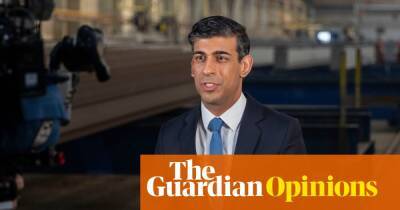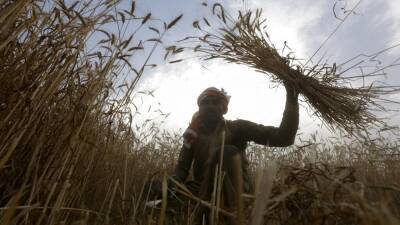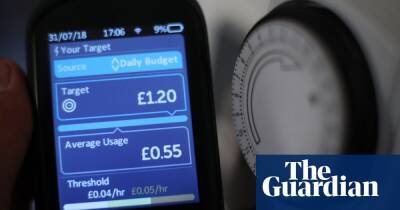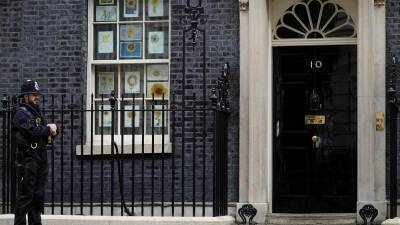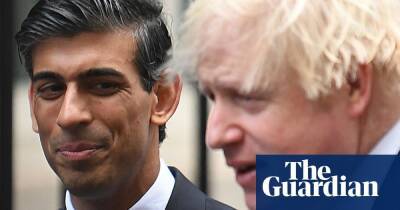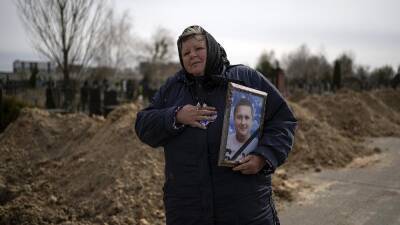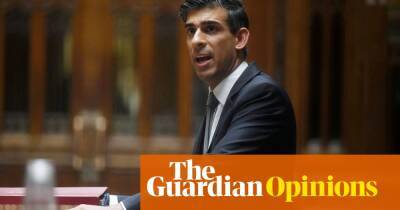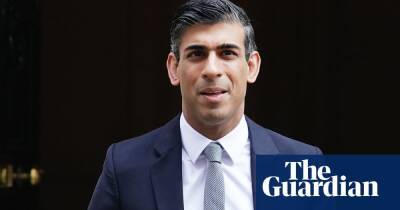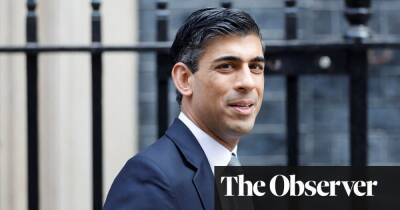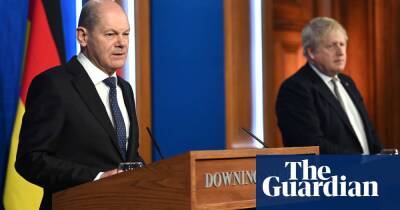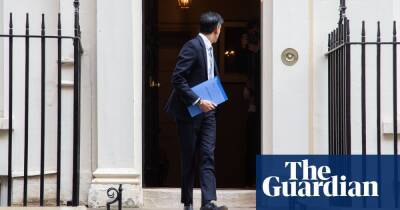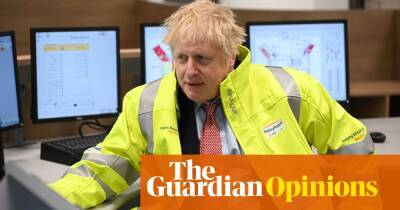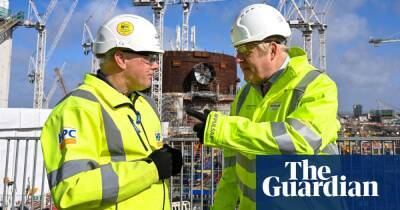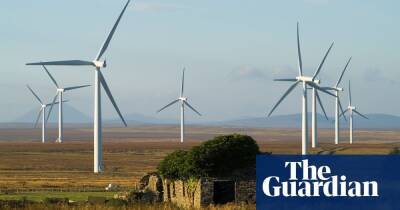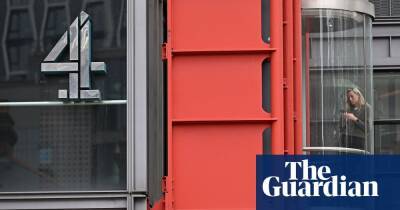Cost of living crisis: Rishi Sunak must at the very least raise UK benefits
With or without a cost of living emergency the UK government looked vulnerable. A chancellor losing his once golden touch, a prime minister questioned by police about partying in lockdown. Boris Johnson’s party veers from scandal to scandal.
That households are suffering the biggest squeeze on living standards since modern records began in the 1950s adds insult to injury, ahead of a local election campaign that will test the Conservative vote-winning machine. For those out canvassing for the party ahead of next month’s polls, what positive news is there to talk about?
This time last year the political landscape was very different. Furlough had kept the worst economic ravages of Covid at bay, while a hoped-for end to the pandemic was hoving into view thanks to rapid progress with the vaccine programme. Boris Johnson was on a high, promising “jabs, jabs, jabs and jobs, jobs, jobs” as his party crushed Labour in the polls.
When voters head to the ballot box on 5 May they’ll have less to feel good about. Growth may have returned, but it won’t feel like it for many. Whereas the average household budget was barely hit by the Covid recession, with many saving record sums during lockdown thanks to government support, this year will be marked by the lack of help as incomes plummet. Despite economic growth in aggregate, the typical family will suffer the worst financial damage since records began around the time postwar rationing came to an end.
Over the past four decades, real household disposable incomes have fallen on just four previous occasions: three times following the 2008 financial crisis, and again after Brexit crashed the pound, knocking Britain’s spending power.
On an official basis the UK economy recovered its pre-Covid
Read more on theguardian.com

